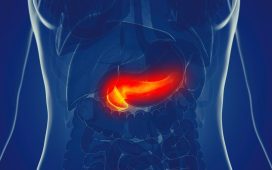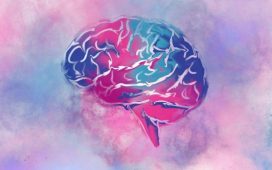Variant has two mutations that help the virus attach to cells and has been driving a surge of COVID-19 cases in India
WEDNESDAY, April 7, 2021 (HealthDay News) — A “double mutant” variant of the coronavirus has been detected in San Francisco, making it the first time the variant has been spotted in the United States.
The variant has two mutations that help the virus attach to cells and has been driving a surge of COVID-19 cases in India. One of the mutations in the new strain is similar to that found on both the variants first detected in Brazil and South Africa. The second mutation had been found in a variant in California. That mutation is believed to be more transmissible than the original strain of COVID-19, but it is not yet known if it is more resistant to vaccines.
The San Francisco case involved a patient from the Stanford Health Care Clinic and likely occurred in Santa Clara County, the San Francisco Chronicle reported, according to US News & World Report.
Initial study results have suggested that COVID-19 vaccines currently approved in the United States are effective against variants, and Peter Chin-Hong, M.D., an infectious diseases expert at the University of California, San Francisco, told the Chronicle that he is “optimistic” that the vaccines would work against the double mutant variant. It is less clear whether the new variant might hamper the effectiveness of COVID-19 antibody treatments, he added.
“This Indian variant contains two mutations in the same virus for the first time, previously seen on separate variants,” Chin-Hong said. “Since we know that the domain affected is the part that the virus uses to enter the body, and that the California variant is already potentially more resistant to some vaccine antibodies, it seems to reason that there is a chance that the Indian variant may do that, too.”
San Francisco Chronicle Article
Copyright © 2021 HealthDay. All rights reserved.








